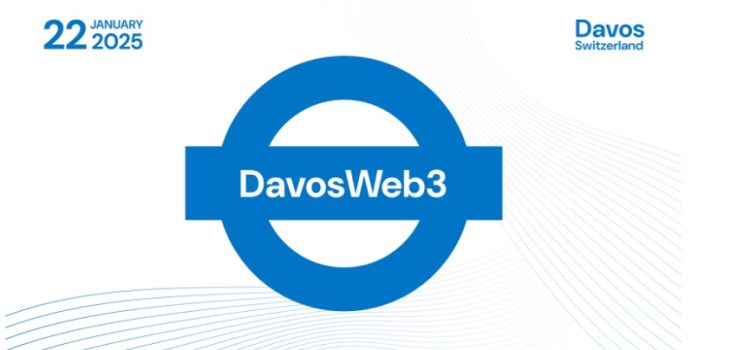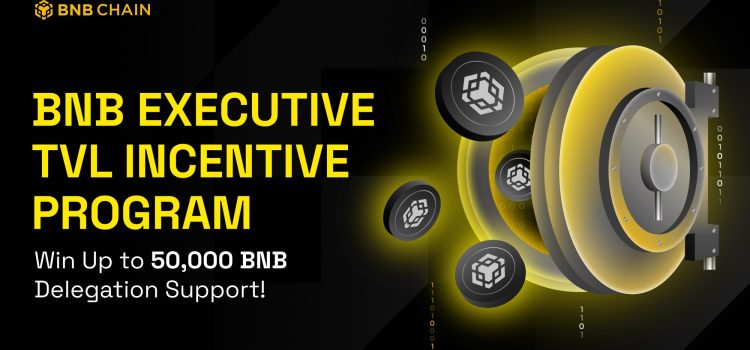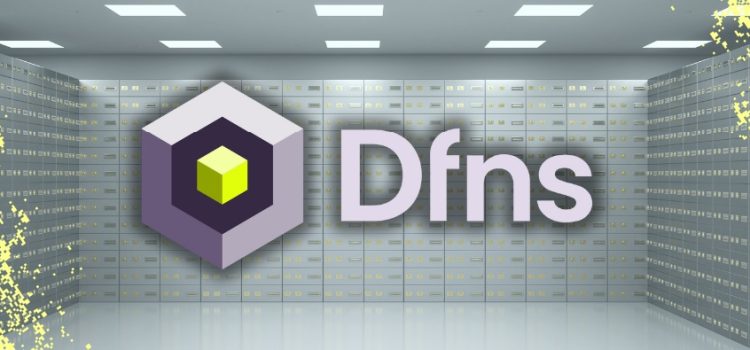The much-anticipated DavosWeb3 Roundtable brings together the 100 brightest minds in Web3 on January 22, 2025 in the heart of Davos, Switzerland. This premier gathering is a crucible for visionary discussions, groundbreaking insights, and strategic networking opportunities within the decentralized technology space.
The DavosWeb3 Roundtable unites thought leaders, innovators, investors, and industry insiders. Attendees delve into the transformative potential of decentralized technologies, addressing pressing topics such as blockchain scalability, interoperability, tokenomics, decentralized finance (DeFi), and the evolving role of Web3 in reshaping economies worldwide.
“The Web3 revolution is here, and the DavosWeb3 Roundtable is where influential voices collaborate to chart its course. This is not an event; it’s a movement.” said Ajeet Khurana, founding member of DavosWeb3.
A Stellar Lineup of Sponsors
The DavosWeb3 Roundtable is powered by leading organizations shaping the future of Web3. Sponsors include: Antier, Aptos, DroomDroom, Ecotrader, Flex Ecosystem, Internet Computer (ICP), Kandola Network, OmniFlix, Paycio, Pertin-ant, Quranium, Reflexical, RhinoSpider, Social888, Surge, Syscoin, Unstoppable Domains, Xade, Xai Games.
These organizations exemplify innovation, and are at the forefront of driving advancements in blockchain and decentralized ecosystems.
Ajeet Khurana drives the Flex Ecosystem, an integrated blockchain-powered network connecting enterprises and users. Flex Ecosystem works with Web3 projects that create pathbreaking technology that creates value and scales adoption.
Ankur Vaid leads Reflexical, a powerhouse driving innovation by empowering founders to scale, grow, and thrive in the rapidly evolving Web3 ecosystem.
Avery Ching drives the Aptos, a next-generation Layer-1 blockchain engineered for unmatched speed and robust security. Leveraging the Move programming language, Aptos empowers scalable, user-centric decentralized applications.
Bibin Babu redefinings crypto payments with Paycio, a gateway that facilitates frictionless, secure transactions. Connecting merchants and users, Paycio delivers a streamlined, future-ready financial experience.
Dayakar Reddy bridges creators, fans, and communities with OmniFlix, a multi-chain media platform. Unlocking innovative opportunities for monetization and fan engagement in a unified ecosystem.
Javier Arroyo Ferrer, leads ICP HUB Canada & US, and Quantum Leap Labs, are at the forefront of transformative initiatives for the Internet Computer Protocol (ICP). DFINITY Foundation, founded by Dominic Williams, is the major contributor to ICP, a revolutionary decentralized computing platform that extends the public internet with native cloud functionality, enabling the creation of tamperproof, autonomous, and scalable software applications.
Harshal Madnani is one of the youngest Web3 founders and spearheads Xade, an innovative DeFi and trading platform designed to unify trading, staking, and wealth management. Xade’s advanced features make it a comprehensive, user-focused financial solution.
Itay Azaraty leads Ecotrader, a platform dedicated to sustainable and ethical investment solutions. With a focus on green portfolios, Ecotrader empowers investors to achieve financial growth while contributing to a responsible future.
Jagdeep Sidhu drives Syscoin, a groundbreaking dual-layer blockchain that seamlessly integrates Bitcoin’s security with Ethereum’s versatility. The platform delivers secure, scalable solutions for DeFi, NFTs, and smart contracts within a single network. Joining him at the DavosWeb3 Roundtable are Patrick Breaux, Marketing and PR Manager for Sys Labs, known for his expertise in blockchain storytelling and strategic collaborations, and Jaskanwar Singh, co-founder of UnoRe and a recognized innovator in decentralized systems.
John Shipman is at the helm of Xai Games, where blockchain technology and immersive gaming converge. The platform offers true asset ownership, player-driven worlds, and decentralized economies for next-level gaming experiences.
Kapil Dhiman leads Quranium, a quantum-proof Layer 1 DLT that’s uncrackable, lightning-fast, and solves the Blockchain Trilemma with advanced Post Quantum Cryptography. Its hybrid infrastructure sets a new standard against quantum threats, offering a future-ready, decentralized system for builders and users alike.
Ronak Shah revolutionizes the media landscape with DroomDroom, a platform dedicated to the Web3 and crypto ecosystem. DroomDroom offers insightful content, market trends, and community-driven resources to empower enthusiasts and businesses alike.
Sandy Carter champions Unstoppable Domains, an NFT-powered domain platform that liberates digital identities from traditional constraints. Simplifying crypto transactions, it enables seamless integration across the metaverse.
Siddharth Banerjee transforms decentralized applications with Kandola Network, a real-time data protocol. Kandola accelerates dApp performance through seamless connectivity backed by analytics.
Vikram R Singh shapes the future of blockchain technology through Antier, a global consultancy delivering tailored solutions for industries worldwide. From tokenization to DeFi, Antier redefines ecosystems with innovation at its core.
Yash Belavadi and Punith B M lead Surge, a composable Metalayer on Bitcoin built to provide a secure network for launching Rollups, dApps and metaprotocols to scale Bitcoin innovation. Surge emphasizes zk-aggregation, decentralized verification, and an integrated signing and indexing architecture to unlock Bitcoin liquidity while expanding its scalability.
DavosWeb3 Roundtable: Where Web3 Takes Center Stage
As the pulse of the Web3 movement beats stronger, the roundtable will serve as the launchpad for initiatives that redefine the digital and economic landscapes. The DavosWeb3 Roundtable will create a dynamic environment where Web3 will thrive.
Unparalleled Think Tank
When participants were asked about their primary motivation to attend the roundtable, the overwhelming majority focused on the value of being in the same room as global investors, innovators, and decision-makers. From informal meet-and-greets to structured networking sessions, participants will forge meaningful connections and take the Web3 industry forward.
Whitepaper Development
Founding members of the DavosWeb3 roundtable are coauthoring a visionary whitepaper titled “Ushering a New Billion into the Global System: The Next Frontier.” This whitepaper outlines actionable strategies to drive global inclusion using Web3 technologies. This whitepaper will be distributed to media outlets, universities, trade bodies, and industry associations worldwide. If you would like to request a copy of the whitepaper, please send an email to contact@davosweb3.com
Davos Declaration
At the Roundtable Web3 world leaders will sign the Davos Declaration, a pledge and a charter that sets the vision and direction for the Web3 industry. This historic moment will underscore the shared vision of the global Web3 community to foster innovation, inclusion, and sustainability. And all of this done with integrity and purpose.
Why Davos?
Davos has long been synonymous with leadership and global collaboration. As the epicenter of transformative discussions, it provides the perfect backdrop for a gathering of this magnitude. The DavosWeb3 Roundtable will harness this spirit to inspire actionable change in Web3.
Join the Movement
As the Web3 revolution accelerates, the DavosWeb3 Roundtable is poised to become a transformative cornerstone gathering in the decentralized technology calendar. Want to be part of it? Email: contact@davosweb3.com


















